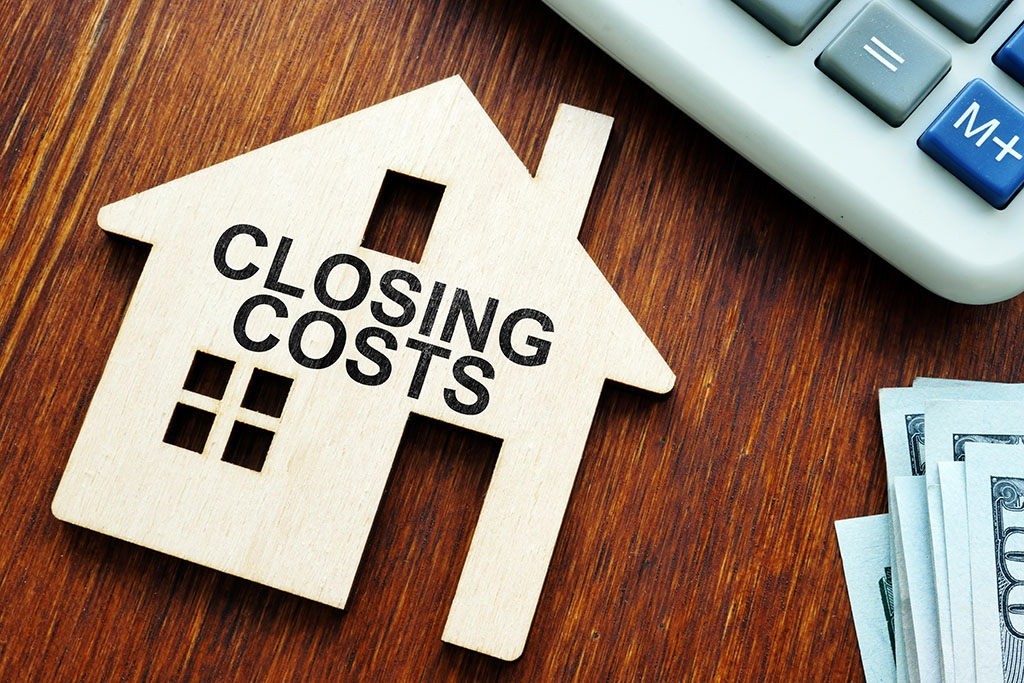
Table of contents
When it comes to purchasing a home, there’s more to consider than just the price of the property. One crucial aspect that often catches homebuyers by surprise is closing costs. As a leading mortgage lending company, we’ve compiled everything you need to know about closing costs to help you navigate this often confusing part of the home buying process.
Understanding Closing Costs
Closing costs are a collection of fees and charges that you need to pay when finalizing your mortgage and completing the purchase of your home. These fees can range from 2% to 5% of the home’s purchase price, depending on the location and the complexity of the transaction. It’s essential to understand and budget for these costs to avoid any unpleasant surprises at the closing table.
In this guide, we’ll break down the various components of closing costs and provide some valuable tips to help you save money and make informed decisions during your home purchase journey.
Breaking Down Closing Costs
Closing costs can be divided into several categories, including lender fees, third-party fees, and prepaid items. Let’s explore these categories in more detail.
Lender Fees
These are the fees charged by your mortgage lender for processing, underwriting, and funding your loan. Some common lender fees include:
- Origination Fee: This is the cost of processing your loan application and preparing the mortgage documents. It usually ranges from 0.5% to 1% of the loan amount.
- Discount Points: These are optional fees paid to the lender to secure a lower interest rate. One discount point typically costs 1% of the loan amount and can lower your interest rate by 0.25%.
- Processing Fee: This covers the cost of processing your loan application. The fee can range from approximately $250 to $800.
- Underwriting Fee: This fee covers the cost of evaluating your loan application and assessing your creditworthiness. It can range from approximately $500 to $1,000.
Third-Party Fees
Various service providers involved in the closing process charge these fees. Some common third-party fees include:
- Appraisal Fee: This is the cost of having a professional appraiser determine the market value of the property. This fee can range from $300 to $800, give or take.
- Title Search and Insurance: A title search ensures that the property is free from any liens, and title insurance protects the lender and homeowner against any future title disputes. These fees can range from approximately $500 to $2,000.
- Recording Fees: These fees are charged by the local government for recording the transfer of property ownership. They can range from approximately $50 to $250.
Prepaid Items
These are costs that you pay in advance at closing. Some common prepaid items include:
- Property Taxes: You may be required to pay a portion of your property taxes upfront, typically for the current year or the upcoming tax period.
- Homeowner’s Insurance: Your lender will require you to have homeowners insurance in place before closing. You may need to pay the first year’s premium at closing.
- Prepaid Interest: This is the interest that accrues between the closing date and the first payment date of your mortgage. Typically, the calculation involves your loan amount, interest rate, and the number of days leading up to your first payment.
Tips to Save on Closing Costs
Now that you understand the components of closing costs, here are some tips to help you save money:
Shop around for service providers
While some fees, like the lender fees, may be non-negotiable, you can shop around for third-party service providers, such as title companies, home inspectors, and surveyors. By comparing quotes from multiple providers, you can find the best deal and potentially save hundreds of dollars.
Negotiate with the seller
In some cases, you may be able to negotiate with the seller to have them cover some or all of the closing costs. This occurs more frequently in a buyer’s market or when the seller has a strong motivation to sell the property quickly.
Request lender credits
Ask how you can receive credits to apply towards your closing costs. However, you’ll receive a slightly higher interest rate in exchange. While this will increase your monthly mortgage payment, it can help reduce your upfront costs.
Close at the end of the month
By scheduling your closing date towards the end of the month, you can minimize the amount of prepaid interest you’ll need to pay. This can result in significant savings, especially if you’re taking out a large mortgage.
Utilize down payment and closing cost assistance programs
State and local governments offer closing cost and down payment assistance programs for first-time homebuyers or those with low to moderate incomes. Check with your local housing agency to see if you qualify for any assistance.
Conclusion
Gaining a thorough understanding of closing costs ensures a seamless and successful home buying experience. By anticipating what lies ahead and seizing opportunities to minimize these expenses, you can confidently tackle the closing process.
As a top mortgage lending company, our dedication to supporting you throughout the journey remains unwavering. Should you have any questions about closing costs or any aspect of the home buying process, we stand ready to help. Feel free to contact us or apply online for tailored guidance and assistance. Here’s to a happy home buying experience!